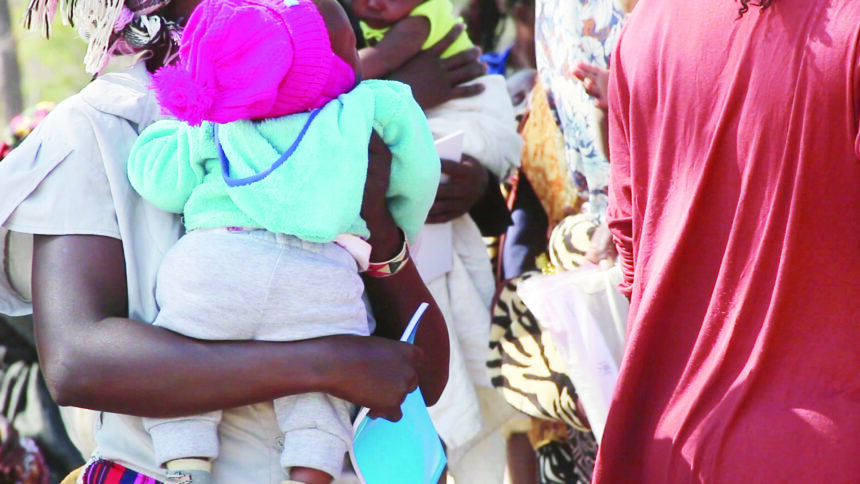Maria David
ONELAGO – When Onelago village resident Andreas Nduutapo left his home to watch a soccer match at a nearby bar, he did not know how his night would turn out.
The 29-year-old was on his way home around 23h00 when he decided to take a shortcut through a cemetery, and heard the piercing cry of a baby.
“The first thing that came into my mind was saving the baby from the cold,” he said.
Upon closer inspection, he realised that someone abandoned their baby in the cemetery.
Despite his fear of the unknown, he carried her in his arms, and walked to a nearby house to ask if anyone knew the baby, but no one could identify her.
He then returned to the bar where he watched football, desperately searching for someone who might know the baby or her family – but to no avail.
“We then called the police’s toll-free number with the hope of being directed to the nearest police station for the baby to be rescued, and receive medical attention,” he said.
While waiting for the police to arrive, all he could think of was keeping the baby warm.
Nduupato said his goal was to save the baby, as she was left in the cemetery without blankets or food – only the clothes she was wearing at the time – a blue babygrow, pink shirt and a blue beanie.
The Namibian Police’s head of community policing for Oshana, Thomas Aiyambo, said the baby girl, believed to be eight months old, is the second case of baby dumping in the region this year.
The first incident involved a 21-year-old woman, employed as a nanny, who gave birth to a baby boy in March, wrapped the infant in a yellow dress and plastic bag, and placed him in a dustbin.
In that case, the baby was found by employees of the Oshakati Town Council.
Aiyambo said the baby girl who was found last week is safe and sound, and the police are working around the clock to locate her mother.
If the mother is not found, the baby will be left in the care of her grandmother, who was recently traced.
These are but two babies out of many dumped in Namibia yearly.
Approached for comment, chief social worker in the Oshana region Monika Erasmus indicated that most baby dumping cases result from social, economic and cultural factors.
“In many cases, women dump their newborn babies because of rejection from the babies’ fathers, fear of responsibility due to financial limitations, and beliefs that they are not supposed to bear children before marriage,” she said.
She said back in the day, being pregnant before marriage was seen as taboo, and this belief persists.
She then advised mothers who are unable to take care of their babies to take them to the Oshakati State Hospital, police stations, the Ministry of Gender Equality and Child Welfare, or to hand them over to family members who are in a better position to take care of them.
Officials cannot refuse to take in the babies.
“Women must be educated to prevent incidents of baby dumping. We must encourage our women to abstain from sex or protect themselves. Sex will always be there,” she added.
She said parents should also start having conversations with their children on sex education to ensure that awareness is raised in the home. -Nampa



